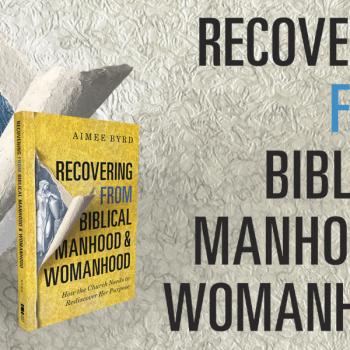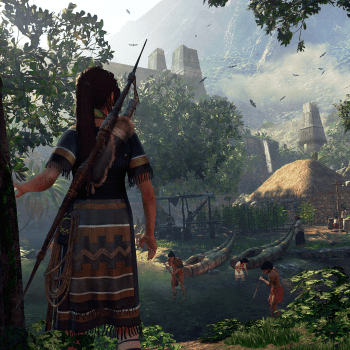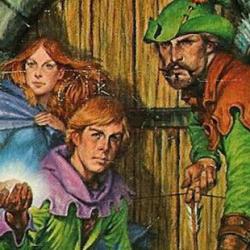Almost everyone in modern America is now familiar with phrases like “white privilege,” “oppression,” “appropriation” and so on—and almost everyone is also keenly aware that these terms simply weren’t part of the mainstream social discourse up until a few years ago. What changed? Helen Pluckrose and James Lindsay’s new book Cynical Theories: How Activist Scholarship Made Everything About Race, Gender, and Identity—and Why This Harms Everybody is a sustained attempt to “name the elephant”—to accessibly systematize the contemporary currents of social-justice... Read more




















